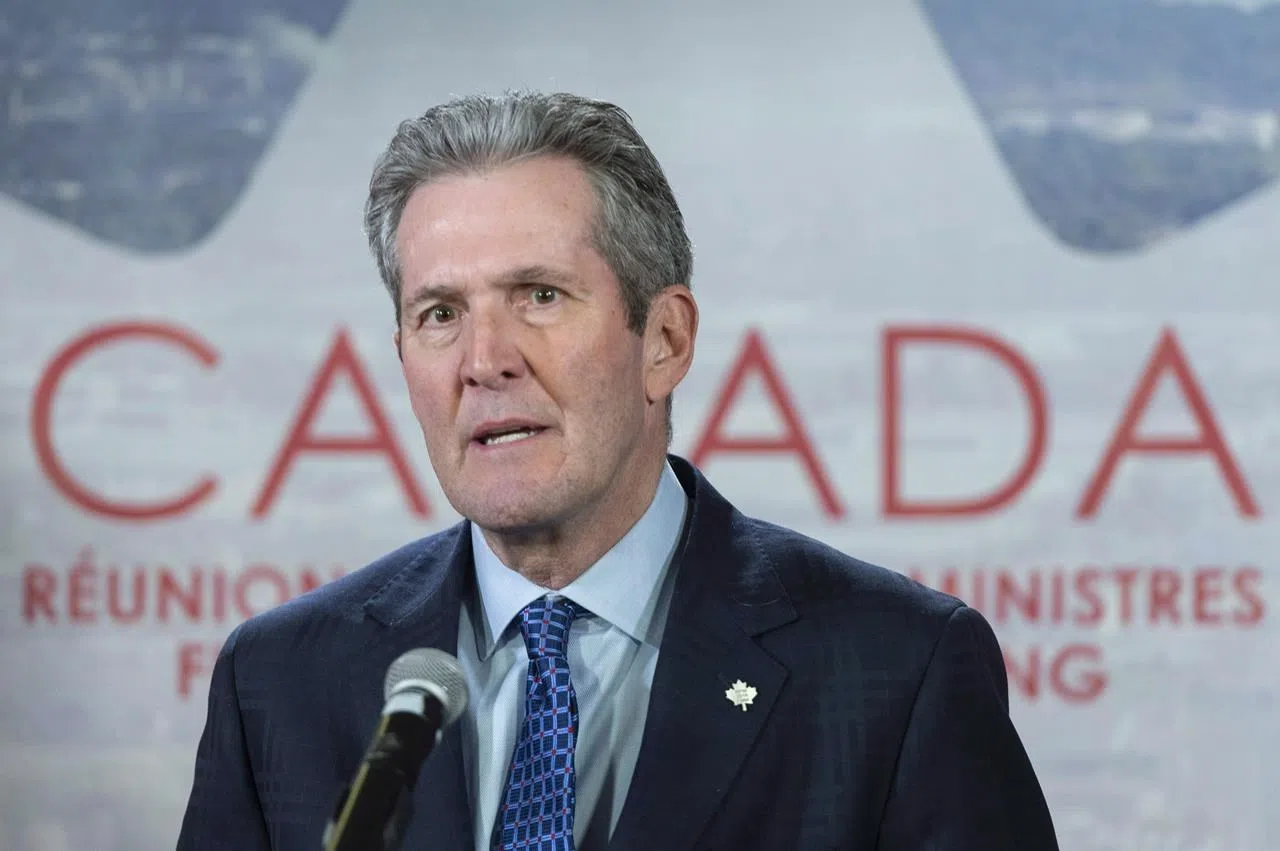
Manitoba premier to raise Quebec religious symbol law with western premiers
EDMONTON — Manitoba Premier Brian Pallister says he will be seeking a joint response to Quebec’s new religious symbols law when western premiers meet on Thursday in Edmonton.
“That is, certainly to my mind, dangerous and un-Canadian and deserves to be opposed,” Pallister said in an interview.
“We are not a two-tier rights country.
“We’re not a country that celebrates sameness. We celebrate diversity and we need to make sure that we don’t restrict people’s freedoms, whether it’s speech or movement or religion.”
